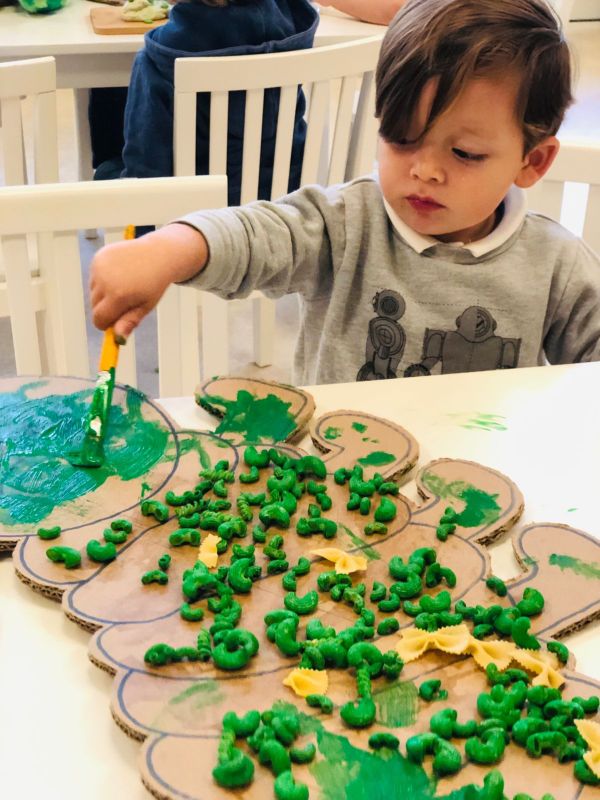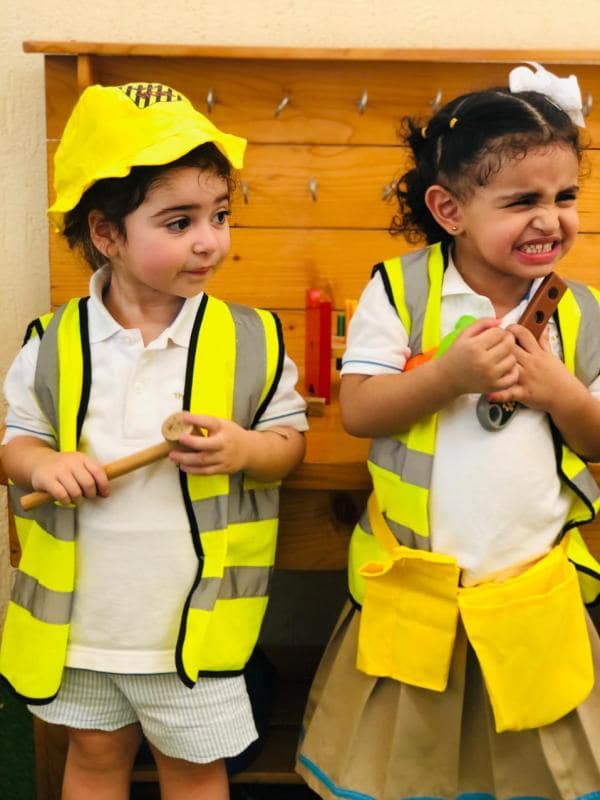
“Don’t touch that, or you’ll get hurt.”
“Stop jumping on the couch, or you’ll fall.”
We’ve all said these things — often with love, urgency, and a deep desire to protect our children. But here’s a truth that may surprise you:
Sometimes the most powerful lessons don’t come from what we say.
They come from what they experience.
Welcome to the world of natural consequences — a thoughtful, empowering approach to parenting that replaces punishment with learning, and fear with responsibility.
What Are Natural Consequences?
Natural consequences are the outcomes that happen naturally when a child makes a choice — without the parent stepping in to impose a punishment.
They are:
- Realistic: Tied directly to the behavior.
- Unforced: Happen without adult interference.
- Educational: Help children understand cause and effect.
Example:
If a child forgets their lunch, they feel hungry.
If they refuse to wear a jacket, they feel cold.
If they break a toy, it’s no longer there to play with.
These aren’t punishments. They’re the real-world results of decisions — and they teach in ways that lectures never could.
Why Natural Consequences Work
Natural consequences are powerful because they:
- Build internal motivation rather than obedience out of fear.
- Promote problem-solving and accountability.
- Strengthen resilience by allowing room for mistakes.
- Support a gentle parenting philosophy rooted in trust and autonomy.
This approach helps children learn “When I do this, this happens” — a mindset that stays with them far longer than “If I don’t obey, I’ll get punished.”
It’s about guiding, not controlling. Coaching, not commanding.
For more on different parenting approaches, explore this helpful guide to parenting styles.

Examples of Natural Consequences in Everyday Life
Let’s look at real-world scenarios where natural consequences can shine:
| Behavior | Natural Consequence |
| Refuses to eat dinner | Feels hungry later |
| Doesn’t do homework | Faces lower grades or teacher follow-up |
| Leaves toys in the yard | Toys get damaged or lost |
| Doesn’t wear sunscreen | Gets a mild sunburn |
| Breaks a sibling’s toy | The sibling won’t want to share next time |
Of course, we must distinguish between safe failure and danger. Allowing natural consequences doesn’t mean letting a child run into traffic or stick a fork in an outlet. It means stepping back when the risk is low but the lesson is valuable.
How to Use Natural Consequences (Without Guilt)
Ready to give this a try? Here’s how to do it right — and what to avoid.
✅ DO:
- Stay calm and neutral — let the consequence do the teaching.
- Talk it through afterward: “What happened when you forgot your book?”
- Set clear expectations in advance: “If your shoes aren’t by the door, we may be late.”
- Let them solve the problem if possible: “What do you want to do about missing your homework?”
❌ DON’T:
- Rescue them every time (this blocks learning).
- Add guilt or shame: “I told you so!”
- Enforce consequences that don’t naturally fit the behavior.
- Confuse natural with imposed consequences like, “You didn’t eat, so now you don’t get TV.”
To better understand this difference, here’s a helpful read on how shouting impacts children. Spoiler: It weakens the parent-child connection rather than encouraging responsibility.
A 7-Day Trial Plan: Letting Go with Love
Want to explore natural consequences without overhauling your entire parenting style? Try this simple one-week experiment.
🌱 Natural Consequences 7-Day Challenge
- Day 1: Choose one low-stakes moment to step back and let the consequence happen.
- Day 2–3: Reflect with your child afterward — ask how they felt, what they learned.
- Day 4–5: Notice if they start to anticipate outcomes on their own.
- Day 6–7: Journal your observations — Are they more responsible? Calmer? Less resistant?
At the end of the week, ask yourself:
Did my child learn more from experience than from my reminders?
Final Thoughts: From Control to Connection
Natural consequences are not about letting children “suffer.”
They’re about letting children live and learn — with our support, presence, and trust.
By stepping back from punishment and stepping into partnership, we raise children who are:
- More thoughtful
- More self-aware
- More capable of handling life’s ups and downs
And we model something even bigger:
That growth doesn’t come from control. It comes from experience.
Try the 7-Day Plan
Ready to see your child take ownership of their choices? Commit to the Natural Consequences 7-Day Challenge this week — and let growth happen, one real-life lesson at a time.
✨ Want help tracking your progress? Let me know — I can create a printable Dos & Don’ts Guide or a journal sheet to go with this.
Let them grow. Let them learn.
That’s how we raise empowered humans.







